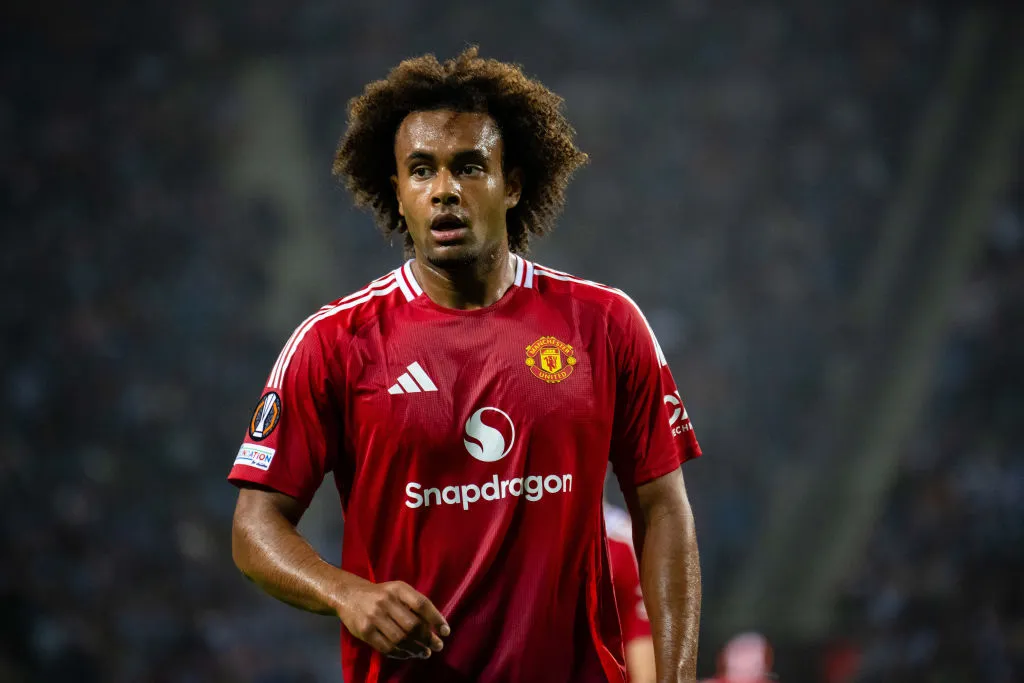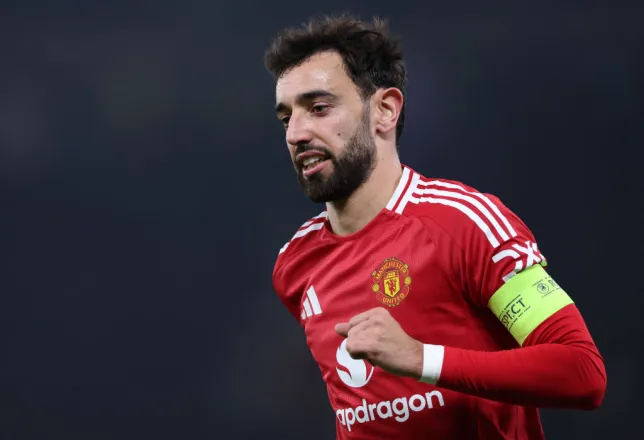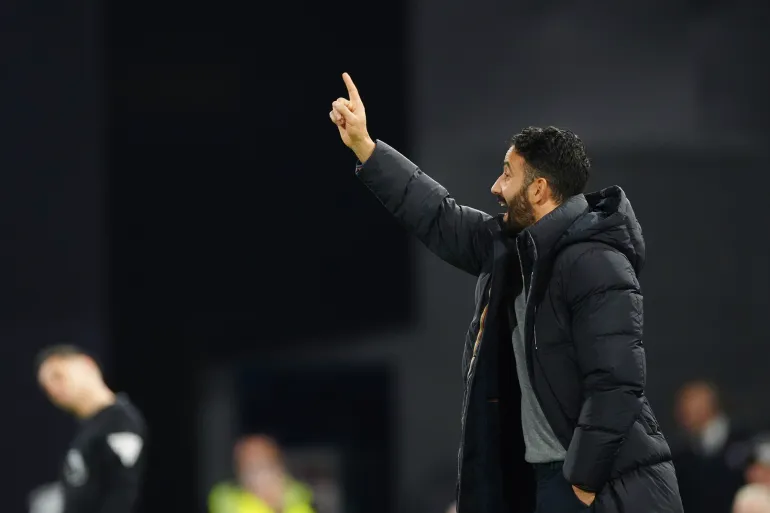Ruben Amorim’s managerial debut with Manchester United ended in a 1-1 stalemate against Ipswich Town at Portman Road.
Despite a dream start with Marcus Rashford’s goal inside two minutes, the Portuguese coach expressed concerns over his team’s decision-making and positional awareness throughout the game.
United surged ahead when Rashford capitalized on a well-timed play to beat Ipswich goalkeeper Arijanet Muric. However, Ipswich fought back, with Omari Hutchinson equalizing via a deflected strike that left André Onana helpless.
Amorim’s side struggled to assert control as Ipswich found space in key areas, with Hutchinson and Liam Delap posing threats to United’s defense. Onana delivered a crucial save to deny Delap, but United’s organization remained shaky.
Amorim brought on Joshua Zirkzee in the second half, deploying him as a No.10 behind Rasmus Højlund. However, the manager voiced frustration with Zirkzee’s reluctance to push into the box during attacking phases.

“Joshua needs to understand the importance of being in the box when we’re building crosses,” Amorim told Sky Sports. “Sometimes we didn’t make the right decisions—keeping the ball when we needed to push forward or making rushed passes when patience was required.”
Amorim emphasized that while tactical systems like his favored 3-4-3 are vital, the players’ understanding of the game’s nuances is equally critical.

The manager also criticized Jonny Evans for not applying enough pressure on Hutchinson, who frequently found space to turn and create opportunities.
“In the first half, we were too passive,” Amorim noted. “Hutchinson was often in the dead space, and Jonny needed to step up and press him. These are details we couldn’t address fully due to limited training time.”
The lack of physical intensity was another concern. “We need to be fitter to handle high-pressure situations. The volume of high-speed runs was insufficient,” Amorim admitted, signaling a need for time to build fitness and tactical coherence.

Amorim also touched on Bruno Fernandes’ positioning, emphasizing his potential to impact the game by playing closer to the ball during build-up phases.
“Bruno improved when he stayed nearer to the ball, but he tends to look for the long pass too often. Balancing his creativity with discipline will be crucial,” Amorim explained.
Despite the disappointing draw, Amorim acknowledged the need for patience as United adapt to his tactical approach. “The players are still adjusting, and we have a lot of work to do to improve game understanding, physicality, and decision-making,” he said.
As United prepare for their next challenge, Amorim’s debut offered a glimpse of his expectations and the significant adjustments required to bring the team to his desired standard.
While the result may not have matched expectations, the groundwork for a new era under Ruben Amorim is beginning to take shape.


